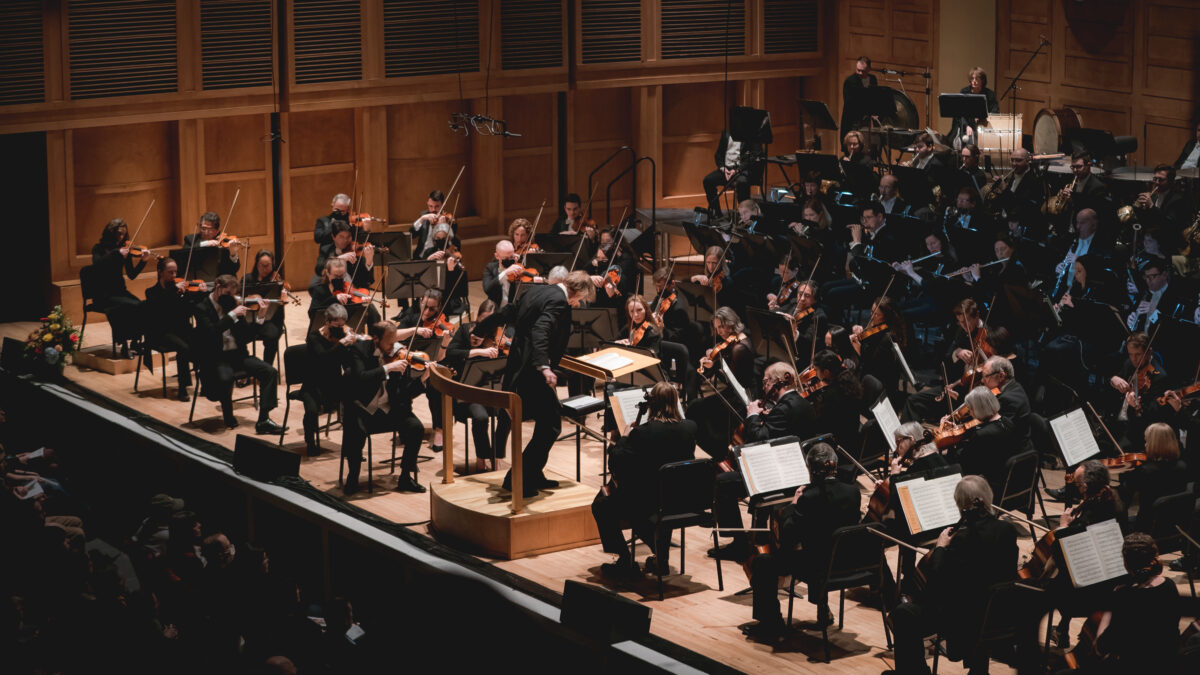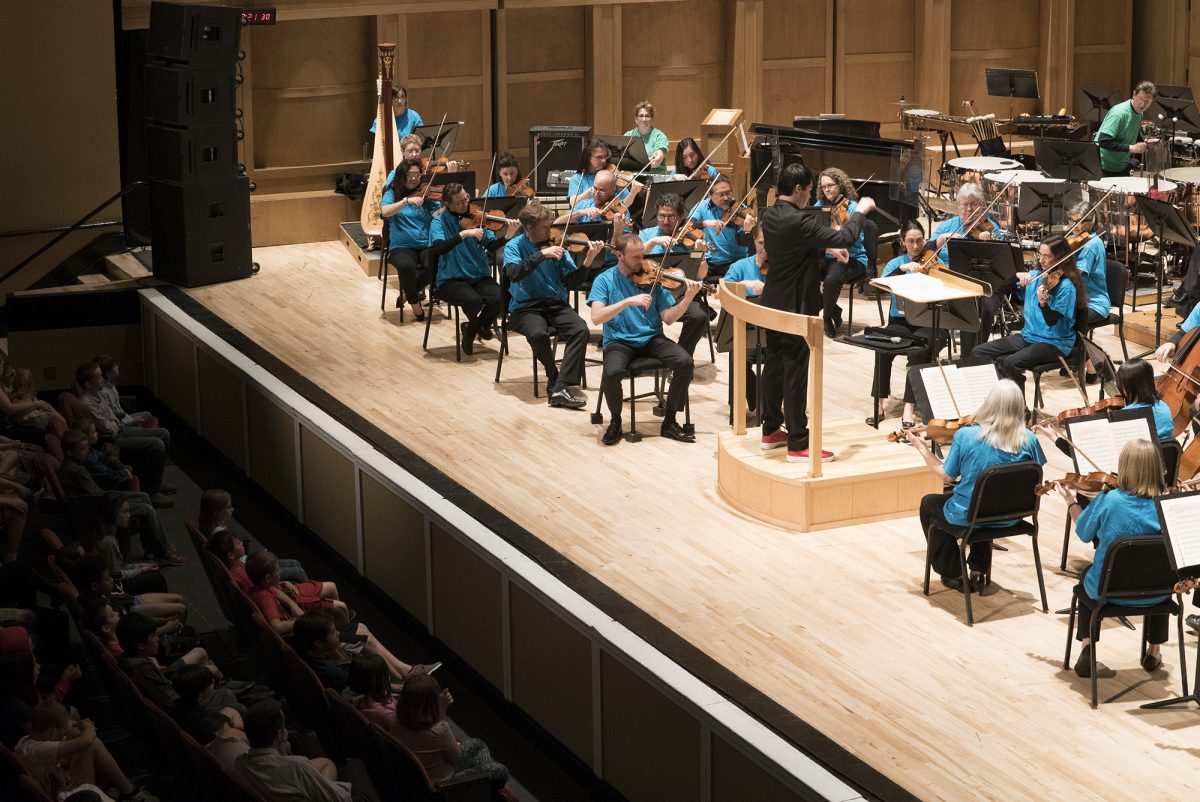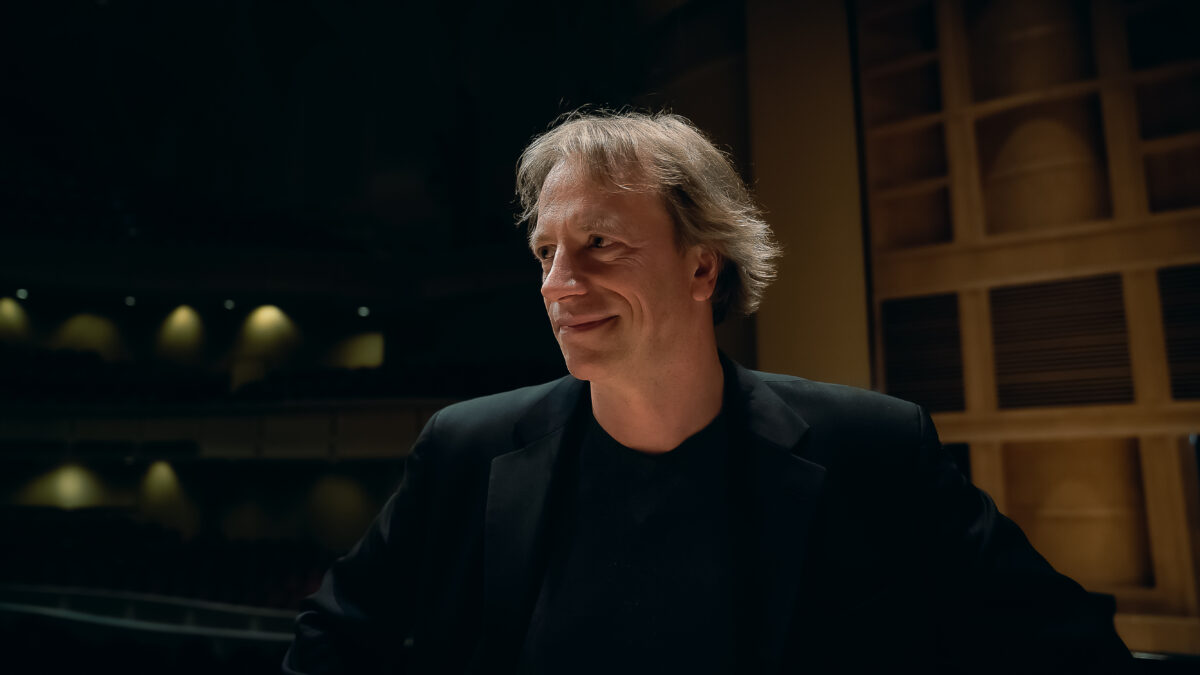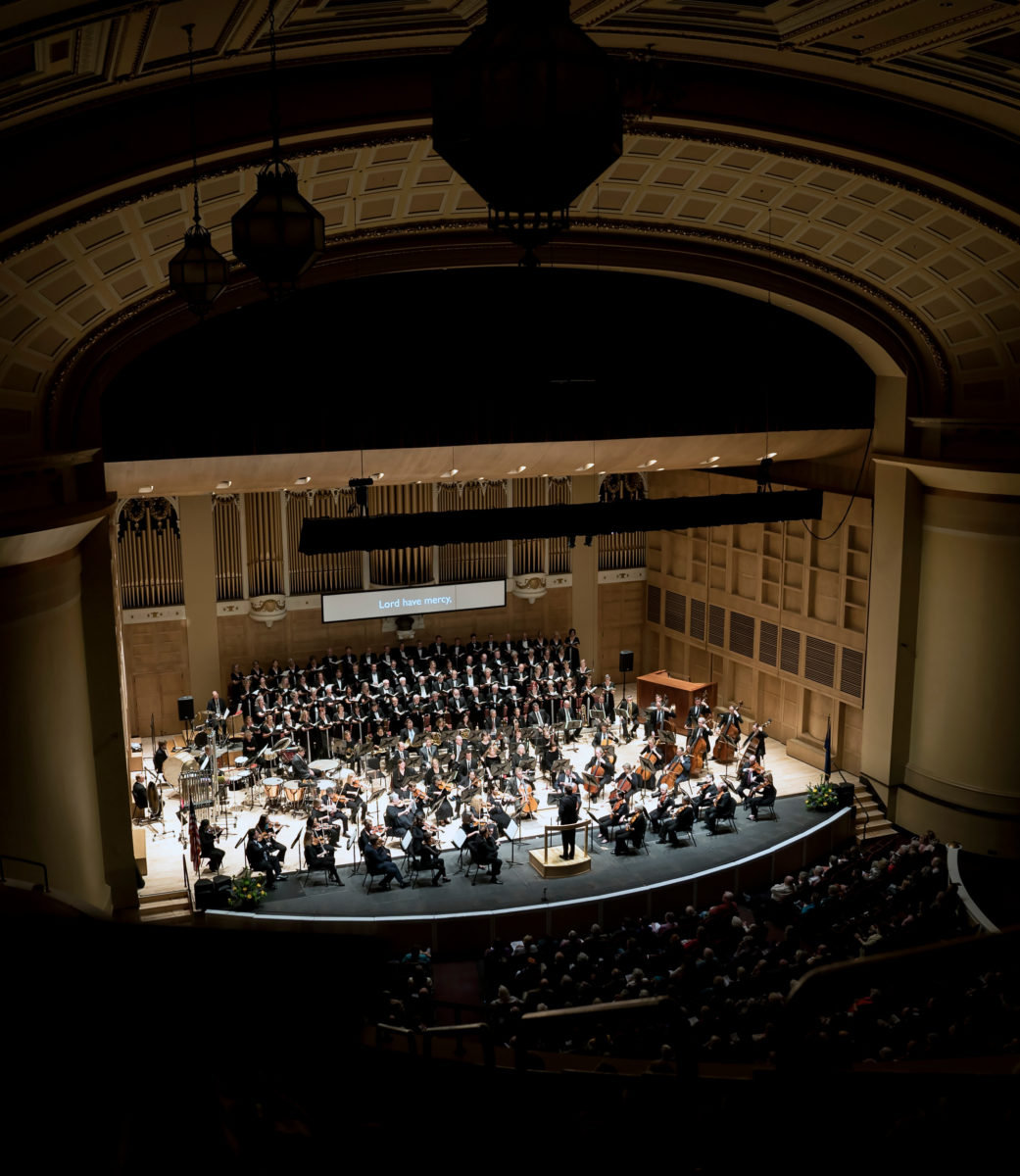Symphonic Seasons Program at a Glance
Sunday, November 12, 2023
Guest conductor Tito Muñoz last conducted the PSO in June 2022, filling in at the last minute for an ailing Eckart Preu at Seaside Pavilion in Old Orchard Beach. For tonight’s program, he has chosen three works with the flavor of the year’s seasons, above and below the equator. The first two works notably spring from their composers’ love of the popular music of their birthplaces, bringing strong national feeling from the streets to the concert hall. In the Piazzolla, the brilliant young American violinist Giora Schmidt makes his PSO debut.
The music of the young Mexican composer Juan Pablo Contreras debuts on PSO programs tonight. Mariachitlán (Mariachiland) is an homage to Contreras’ homeland, the Mexican state of Jalisco, where mariachi music originated. It is brightly colored music full of strong rhythms, brilliant orchestral colors and the joy of life.
Argentine composer Astor Piazzolla wrote the four pieces contained in The Four Seasons of Buenos Aires between1965 and 1970 for his tango ensemble of violin, piano, electric guitar, string bass and bandoneón. They were intended to be played separately, though Piazzolla apparently grouped them together occasionally.
Composer Leonid Desyatnikov (born in 1955 in Karkiv, Ukraine) arranged/recomposed these pieces in 1998 for the great Russian violinist Gidon Kremer. He inserted references to Vivaldi’s famous Le quattro stagioni (The Four Seasons), added cadenzas for violin and cello, and divided each piece into 3 movements to mirror Vivaldi. To highlight the differences between the seasons in the northern and southern hemispheres, he incorporated quotations from Vivaldi’s “Winter” in the summer movements of his work, making similar upside-down references in the other seasons.
The concert concludes with the First Symphony of the great German Romantic composer Robert Schumann. Robert and his wife Clara both referred to this as his “Spring Symphony” and the nickname has stuck. The music is full of the optimism and brimming energy of spring. Schumann, even in a large symphonic form, is never far from his love of writing songs (lieder in German). Tender, inward passages such as the one just before the conclusion of the first movement, and the soaring, long-spun melody of the second movement are not only vocal in quality, but intensely personal, scarcely material for grand public statements, but achingly expressive, nonetheless.
– Martin Webster










